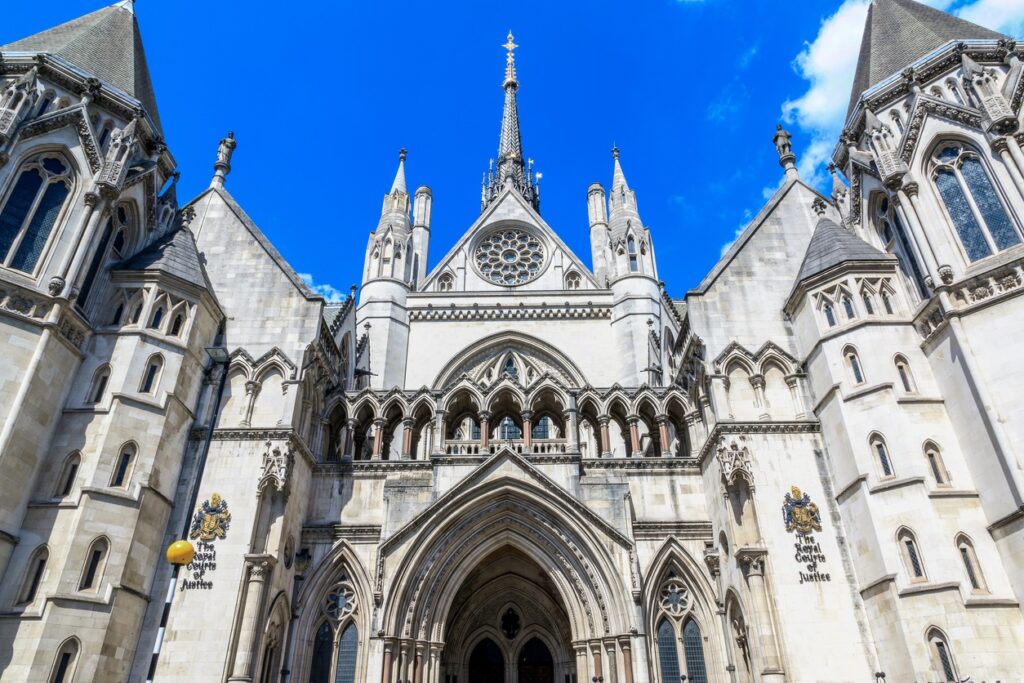
When does defending an insolvent company’s honour become a personal financial liability for its directors? That’s the question answered by the High Court in Re MPB Developments Limited [2025] EWHC 1291 (Ch). In a ruling that sends a clear warning to company directors, the court ordered two company directors to personally foot the multi-million-pound bill for the company’s failed defence against a winding-up petition. The judgment highlights that pursuing a speculative, self-serving defence with no genuine belief in solvency can turn corporate woes into a very personal and costly problem.
The Company: MPB Developments Limited
- Incorporation and Purpose: MPB Developments Limited was incorporated on 6 February 2018. It was set up primarily as an investment vehicle.
- Structure: The company functioned as a non-trading holding entity. Its main assets were investments in four subsidiary companies, all of which were engaged in property holding and development.
- Share Capital and Directors: The total issued share capital was small, consisting of 100 shares, each valued at £1. The key directors involved in the case were Mr Hilton and Mr Welsh. There was also another director, Stanbreck, who appears to have disagreed with the approach taken by H and W.
The Creditors: Cresta Estates Ltd and Luxor Properties Ltd
- Cresta Estates Ltd and Luxor Properties Ltd were unsecured interest-bearing loan creditors of MPB Developments Limited.
- These loans, totalling over £57 million, were provided between April 2018 and June 2021.
- Crucially, the loans were not due for repayment until 31 December 2029.
The Initial Dispute: Winding-Up Petition
- The Petition: On 5 May 2023 Cresta and Luxor filed a winding-up petition against MPB Developments Limited. Their primary assertion was that the company was unable to pay its debts.
- Grounds for Insolvency:
- Balance Sheet Insolvency (Primary Argument): The main argument put forth by the creditors was that MPB Developments was balance sheet insolvent under Section 123(2) of the Insolvency Act 1986. This means its liabilities (including contingent and prospective liabilities) significantly exceeded its assets. Even though the loans weren’t due until 2029, the creditors argued that, based on the company’s financial position at the time of the petition, it had no realistic prospect of repaying them when they matured.
- Cash Flow Insolvency (Alternative, not decided): While the creditors also presented an alternative argument of cash flow insolvency (meaning the company couldn’t pay its debts as they fell due), the court ultimately found it unnecessary to address this, given the clear evidence of balance sheet insolvency.
- MBP’s Defence: MPB Developments, through its directors Mr Hilton and M. Welsh, defended the petition vigorously. Their defence hinged on:
- Challenging the Insolvency: They denied that the company was insolvent.
- Reliance on Business Plans: They presented “business plans” and projections which they claimed demonstrated that the company would be able to generate sufficient funds from its property development subsidiaries to repay the £57 million loans by 2029.
- Key Evidentiary Failings of MBP Developments
- Lack of Expert Valuations: A major failing of MPB Developments’ defence was its failure to provide independent expert property valuations for its underlying assets. This was critical, as the value of these assets was fundamental to the company’s ability to repay the substantial loans.
- Speculative Business Plans: The court found the business plans submitted by the company to be highly speculative and overly optimistic. They were described as having little credible basis for concluding that the company could meet its liabilities. The judge noted they were largely created in response to the petition rather than being robust, pre-existing financial strategies.
- Discussions with Creditors: Evidence was presented that suggested even the directors themselves had, at various points, acknowledged the company’s inability to repay the loans.
The Winding-Up Order (28 January 2025)
- The High Court, after considering all the evidence, concluded that the creditors had successfully demonstrated that MPB Developments Limited was balance sheet insolvent.
- The Court found that the company’s assets were very significantly less than its liabilities, and the business plans offered no real prospect of the company being able to repay the loans in 2029.
- Consequently, the court exercised its discretion and granted the winding-up petition, ordering the dissolution of MPB Developments Limited.
The Core Issue – Non-Party Costs Order
- Following the successful winding-up, the petitioning creditors (Cresta and Luxor) were entitled to their costs. However, given that MPB Developments Limited was now insolvent, there was little to no chance of recovering these costs from the company itself.
- The creditors therefore sought a non-party costs order against Mr Hilton and Mr Welsh. This meant they wanted the directors to personally pay the costs incurred by the creditors in pursuing the winding-up petition.
- Non-party costs orders are considered “exceptional” and are not made in the ordinary run of cases. The overarching principle is that the jurisdiction must be exercised justly.
The Court’s Reasoning and Findings:
The High Court found that Mr Hilton and Mr Welsh should indeed be held personally liable for the costs. The Court’s key findings were:
- Acting in their own interests, not the company’s: The directors caused the company to defend the winding-up petition primarily to serve their own personal interests, rather than the interests of MPB Developments Limited. This was evidenced by:
- Seeking to leverage a settlement agreement that was personally beneficial to them.
- Continuing to receive their directors’ salaries (£240,000 each) during the 20 months the litigation was ongoing.
- Documents showing discussions where they explicitly stated they were looking after their own interests.
- Impropriety and Lack of Genuine Belief in Solvency: The directors acted with impropriety by pursuing a highly speculative defence when they had no genuine belief in the company’s solvency. The business plans they relied upon were created in response to the petition and bore little resemblance to reality. The judge noted they should have critically assessed these plans instead of accepting their bullish projections.
- “Real Parties” to the Litigation: The judge concluded that Mr Hilton and Mr Welsh were the “real parties” to the litigation. They controlled the defence of the petition, instructing solicitors against the wishes of another director and funding the defence personally to a significant extent.
- Unreasonable Conduct of Litigation: The directors’ conduct of the litigation was deemed unreasonable, including:
- Failing to provide disclosure on key issues.
- Failing to provide expert valuation or accounting evidence.
- Indicating they wanted to cross-examine creditors but then not doing so.
- Continuing to defend the petition even after their own lawyers ceased acting for them.
The Decision:
- The High Court ordered Mr Hiton and Mr Welsh to personally pay the creditors’ costs of the winding-up petition and related proceedings.
- The judgment reinforces that unreasonably defending a winding-up petition, especially when done to leverage personal benefit and where the company is clearly insolvent, can lead to personal liability for costs against the controlling directors.
Re MPB Developments Limited [2025] EWHC 1291 (Ch) serves as a strong reminder to directors of insolvent companies that they risk personal liability for litigation costs if they act in their own self-interest, pursue highly speculative defences, or behave improperly in the conduct of proceedings, rather than fulfilling their duties to the company and its creditors.
This update is for general purpose and guidance only and does not constitute legal advice. Specific legal advice should be taken before acting on any of the topics covered. No part of this update may be used, reproduced, stored or transmitted in any form, or by any means without the prior permission of Brecher LLP.




